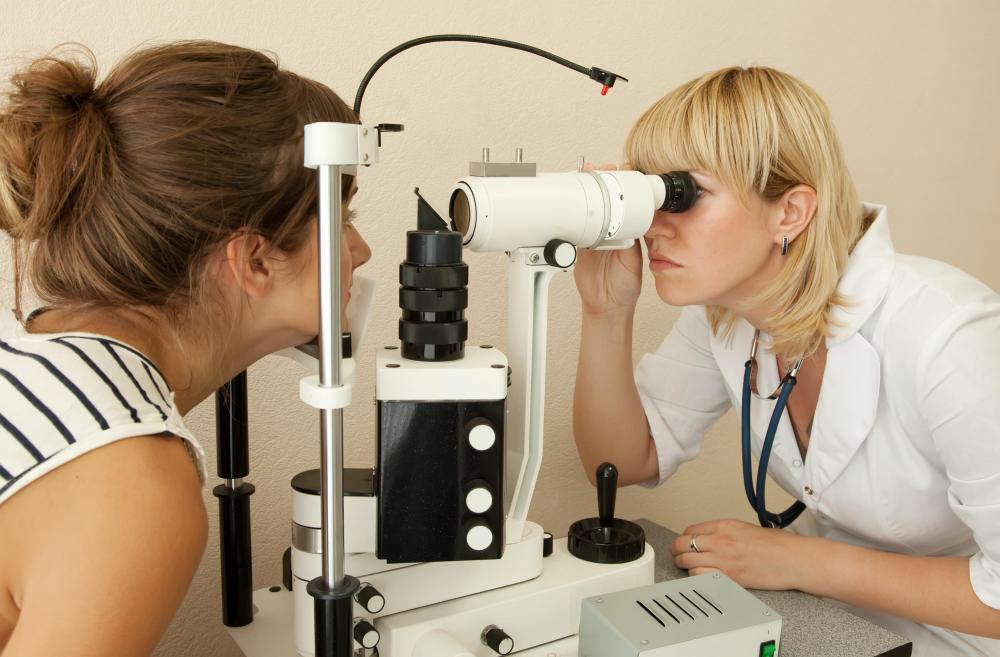At WiseGEEK, we're committed to delivering accurate, trustworthy information. Our expert-authored content is rigorously fact-checked and sourced from credible authorities. Discover how we uphold the highest standards in providing you with reliable knowledge.
What Are the Best Tips for Hypocalcemia Management?
The best tips for hypocalcemia management include getting enough calcium from diet and vitamin D from food or sunlight. If hypocalcemia management is needed because of disease, treatment depends on the cause and severity of the disorder and blood calcium levels. Hypocalcemia management in acute cases might become life-threatening, requiring intravenous supplementation to restore electrolyte balance and prevent heart failure.
Hypocalcemia represents a chemical imbalance or a metabolic disorder that might be caused by disease. The parathyroid hormone and vitamin D regulate normal calcium levels in the blood, kidneys, bone, and intestinal tract. This hormone allows re-absorption of calcium in the kidneys and releases it into bones. Calcium regulation is crucial for the normal functioning of the human body.

Symptoms indicating a need for hypocalcemia management might include shortness of breath, muscle cramps, and numbness or tingling in the extremities. In chronic cases, teeth might decay. Other effects of the disorder include cataracts, dry skin and hair, psoriasis, and brittle nails. If symptoms are mild, hypocalcemia management might be attained with oral supplements of calcium, with or without vitamin D.

Causes of hypocalcemia include pancreatitis, gastrointestinal disorders, and liver disease. Alcohol abuse might lead to cirrhosis of the liver and require hypocalcaemia management via oral or intravenous supplements. Some burn patients and malnourished patients show altered levels of calcium in the blood, requiring replacement. Some forms of cancer and thyroid problems might also disrupt normal calcium levels.

When hypocalcemia management occurs in an emergency room, doctors use different forms of calcium, based on results from blood tests. Phosphorous and magnesium levels affect calcium absorption, especially in cases of renal failure. Intravenous fluids containing the exact balance of electrolytes are determined on a case-by-case basis.
Calcium-rich foods include milk and dairy products like cheese. This mineral is also found in tofu and salmon. Some food products, such as orange juice and dry cereals, are fortified with calcium and vitamin D. Vitamin D can also come from fish and soy milk.
AS FEATURED ON:
AS FEATURED ON:














Discuss this Article
Post your comments